Author: Tyler King
-
Michigan continues to lead in number of mayoral recalls

For the second consecutive year, Michigan has experienced the largest number of mayoral recalls in the country as of the mid-point of the year. Ballotpedia has tracked 29 recall efforts against 28 mayors in the first half of 2023, with 15 of those recalls targeting mayors in Michigan. Disputes related to wind turbines and solar…
-
New Orleans Mayor LaToya Cantrell Challenges Lowered Signature Requirement in Recall Effort
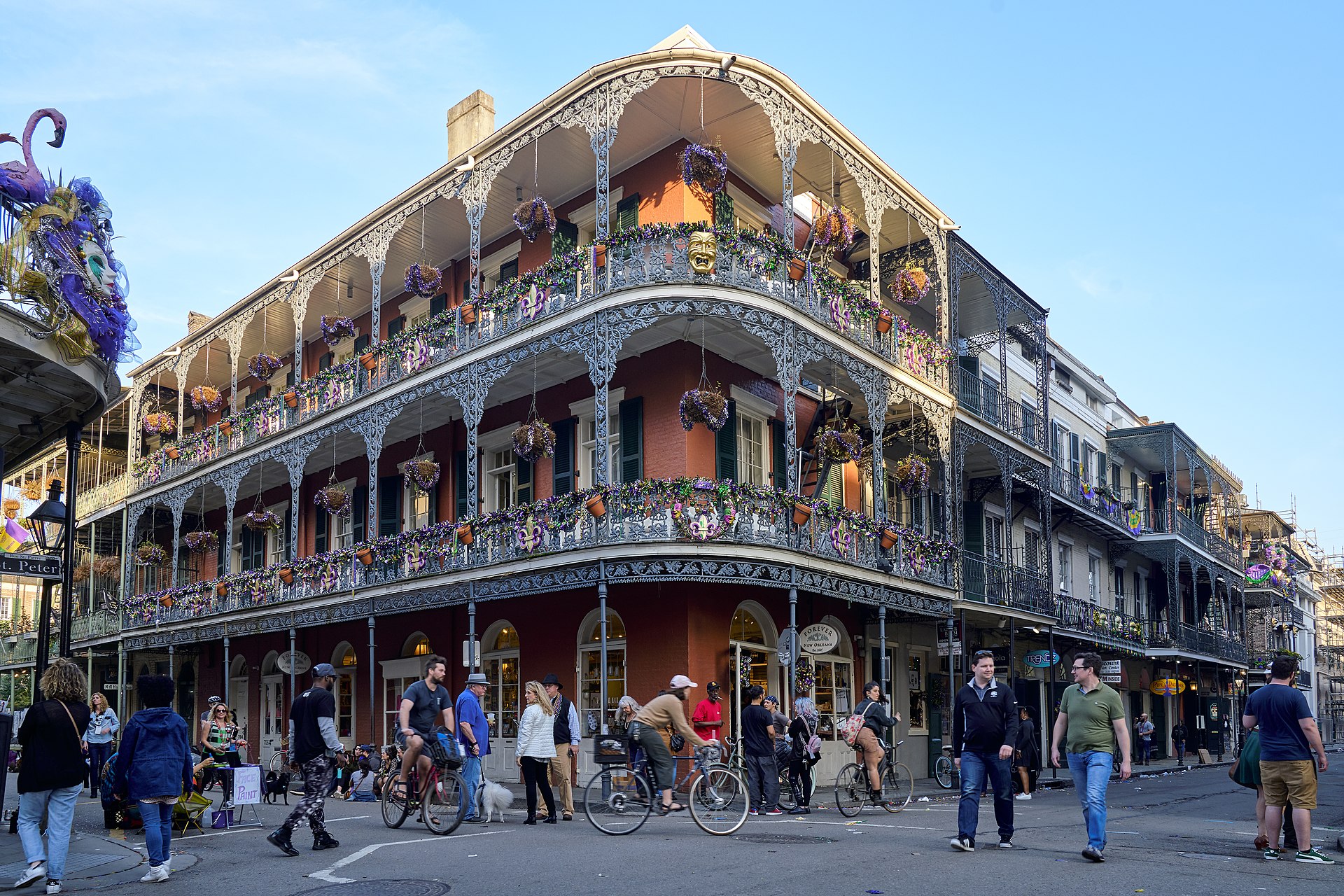
New Orleans Mayor LaToya Cantrell (D) filed two lawsuits on March 14, 2023, to challenge a consent judgment that was agreed upon by Louisiana Secretary of State Kyle Ardoin (R) and the organizers of the recall effort against Cantrell. The consent judgment, announced by Ardoin on March 1, 2023, revises the number of registered voters…
-
Statewide filing deadline passes in Mississippi

The filing deadline for statewide candidates running in Mississippi passed on Feb. 1, 2023. A primary is scheduled for Aug. 8, with primary runoffs taking place on Aug. 29. The general election is Nov. 7. A general runoff election is scheduled to be held on Nov. 28 for state executive offices only. Offices on the…
-
Florida creates new appellate court district
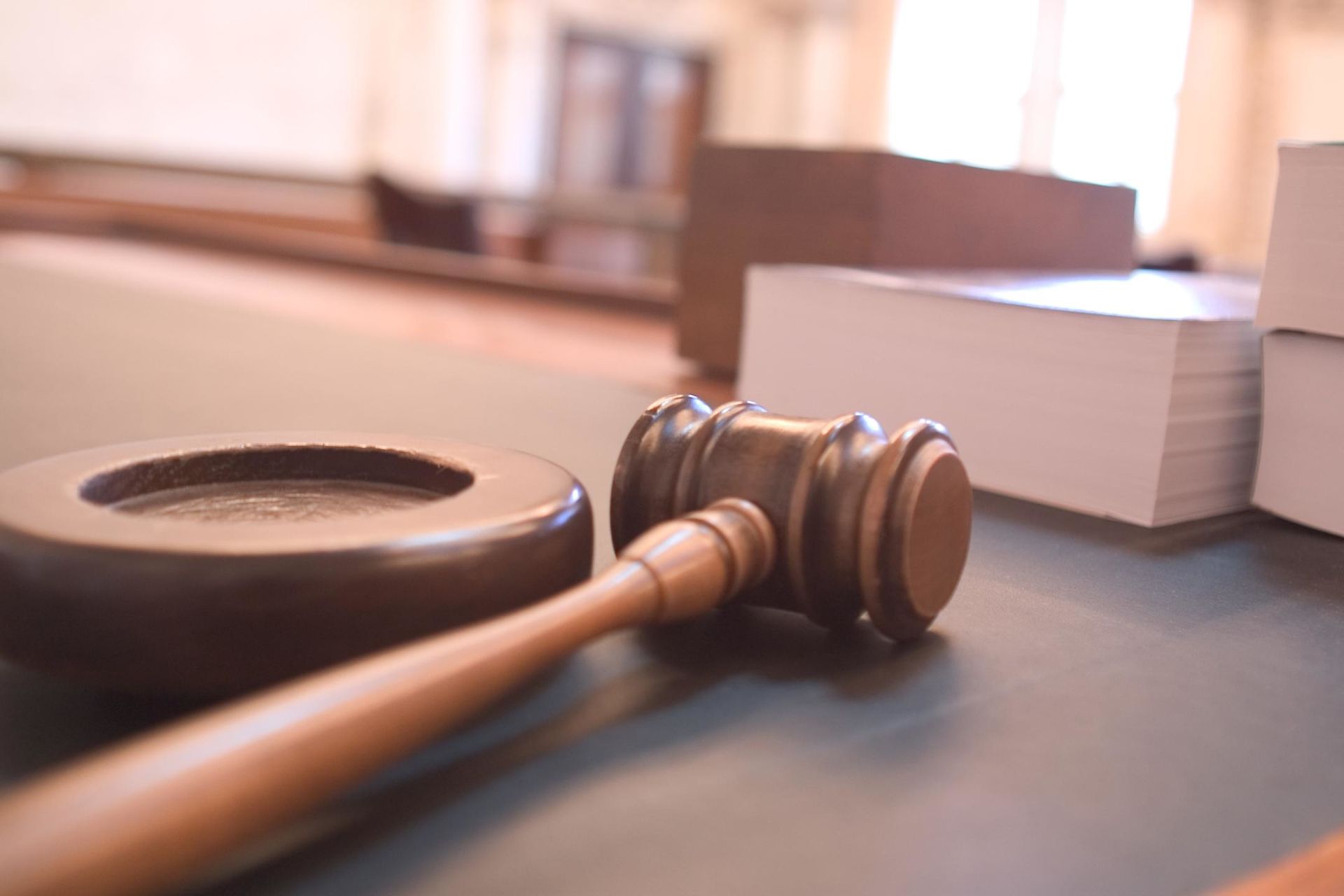
A new appellate court district has been established in Florida following a November 2021 recommendation by the Florida Supreme Court to redraw the district court boundaries. In June 2022, the Florida Legislature passed HB 7027, which was signed by Gov. Ron DeSantis (R), to establish the court effective January 1, 2023. The Sixth District Court…
-
State legislative special elections 2022 review
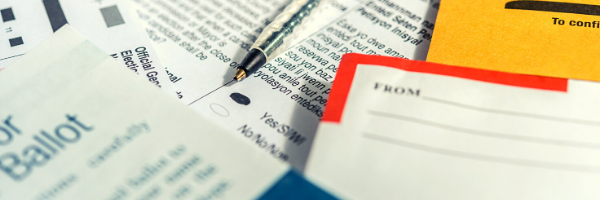
Fifty-four state legislative special elections have been scheduled in 24 states this year. All but one of those specials have taken place already. Heading into those races, Democrats controlled 35 of the seats, and Republicans controlled 18. The final special election of the year is being held in District 129 of the Georgia House of…
-
State legislative special elections 2023 preview

Ten state legislative special elections have been scheduled for 2023 in six states. Heading into those races, Democrats and Republicans each controlled five of the seats. Three seats previously held by Democrats are up for election in the Pennsylvania House of Representatives. The partisan balance of the Pennsylvania House currently stands at 99 Democrats, 101…
-
Thirty-nine state legislative special elections scheduled for 2022
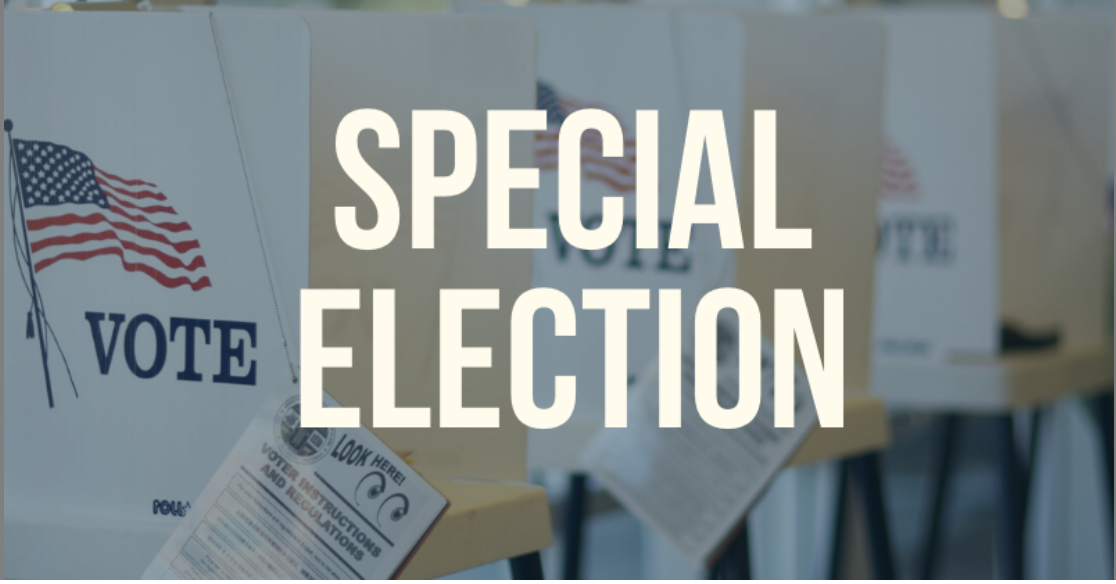
Thirty-nine state legislative special elections have been scheduled in 19 states in 2022. Fourteen special elections have taken place already. Heading into those races, Democrats had controlled 11 of the seats, and Republicans controlled three. No seats have changed party control as a result of special elections this year. Upcoming special elections include: Mar. 1…
-
Candidates nominated for Virginia House special election
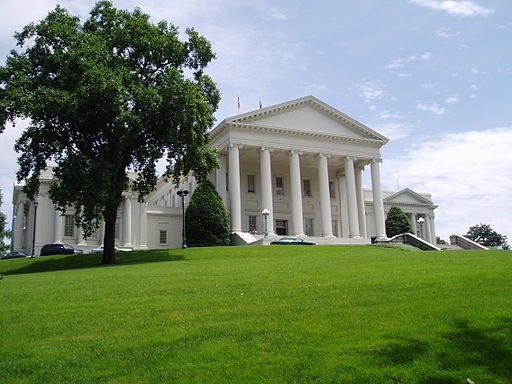
Firehouse primaries took place on Dec. 21 to select candidates in the special election for District 89 of the Virginia House of Delegates. Jackie Glass was selected as the Democratic nominee, and Giovanni Dolmo was nominated by Republicans. Glass and Dolmo are facing off in the special election on Jan. 11. The winner will serve…
-
New Mexico Sen. Jacob Candelaria leaves the Democratic party

New Mexico state Sen. Jacob Candelaria announced that he was leaving the Democratic party and would register as decline to state on Dec. 1. The Santa Fe New Mexican reported that Candelaria cited redistricting as the reason for changing his party affiliation. He said, “I don’t think that the decisions we make should be based…
-
Special election primary to be held in Massachusetts Senate district
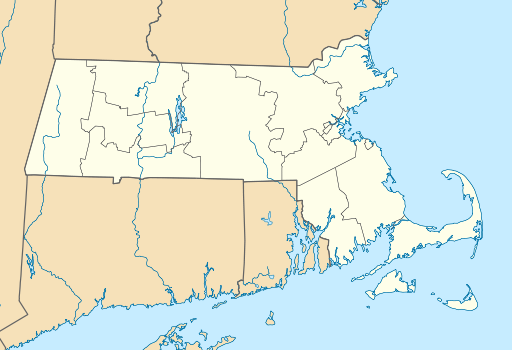
A special election primary is being held on Dec. 14 for the First Suffolk & Middlesex District of the Massachusetts State Senate. Anthony D’Ambrosio and Lydia Edwards are running in the Democratic primary. No Republican candidates filed. The general election is scheduled for Jan. 11, and the winner of the special election will serve until…

